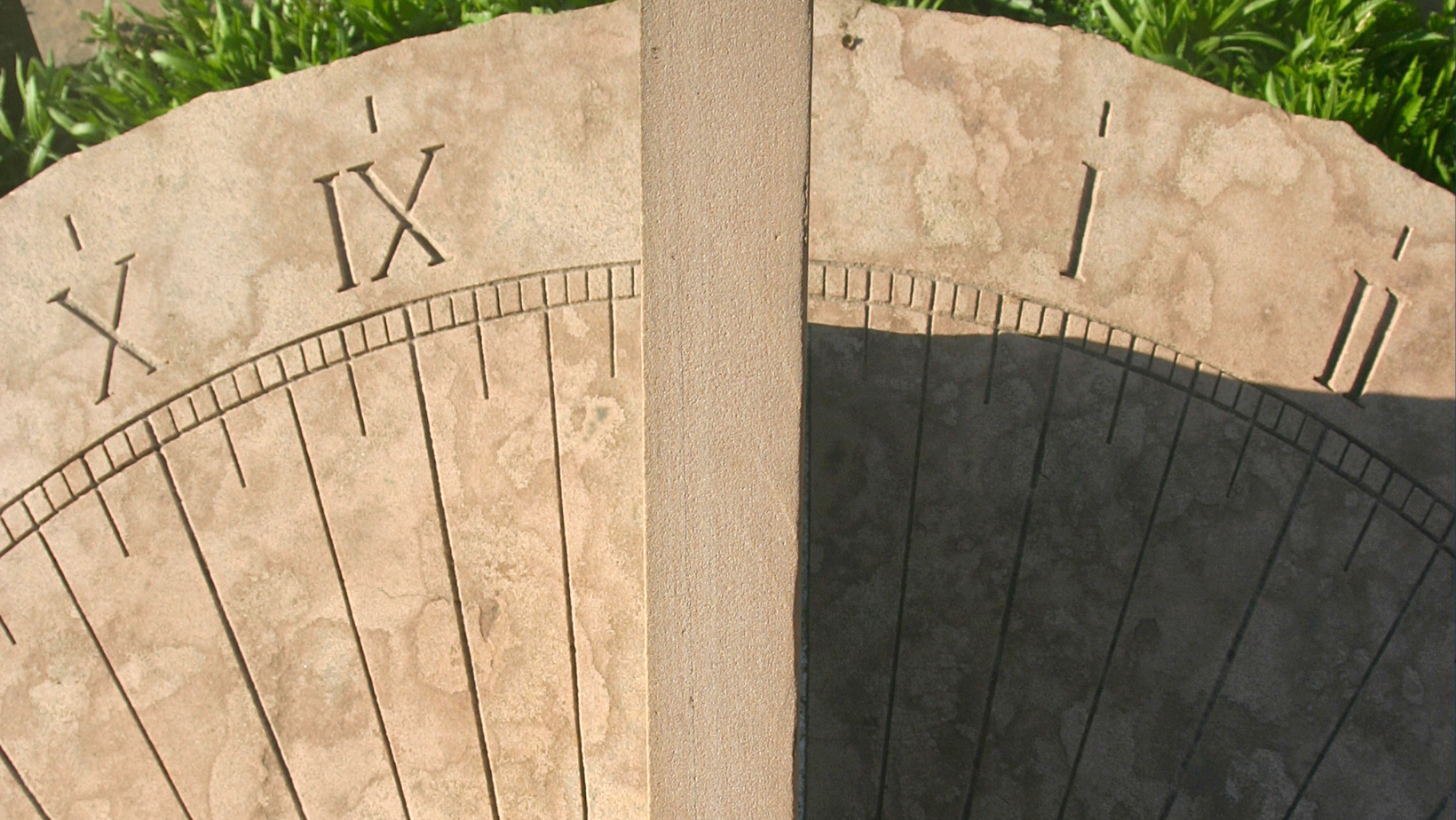Thank you for being here this evening. And welcome everyone, especially to all of our new families – we are thrilled to have you as part of the CCA community. It is hard to believe that it is already time to begin again. Last year—our founding year—went by in a blink. At least it did for me. And ever since we wrapped up in May, we’ve been thinking and planning and preparing for the year that is to come. We’re ready—at least I think so.
But reflecting on the year that is past and looking to the year that is ahead, while important, is in some respects a very modern thing. Our perspective on time is not the same as the ancients—and it affects the way we live, and love, and learn, and communicate.
The ancient Greeks had two concepts of time: the first, chronos, is chronological time. It is measurable, continuous, always moving forward. This is generally how modern man thinks about time, and it is what prompts us to think and act in terms of the past and the future. Patrick Henry Reardon suggests that “Chronos, [ ], strictly speaking does not exist. Chronos deals with the past and future, neither of which really exists. Chronos, then, is an image of non-existence, an icon of chaos.” It is why the Gibson family has recently invested in a Skylight family calendar, in order to better survive the relentless onslaught of chronos time upon each day. Chronos might not really exist…but the chaos certainly does, I can assure you!
But the Greeks also understood time as kairos: Kairos time is qualitative, not quantitative. It is both the now, and the right time, the proper time, the best time. Practically speaking, it is the only time that is real, because as Reardon has noted: “The only time that can be wasted is the present. The only time we can make decisions is right now. The now is the time that really counts.” The Bible uses Kairos in Ecclesiastes when it declares that there is a time or a season for everything, and when it expresses God’s timing, often in the phrase “the fullness of time” to express the right and appropriate occasion, including for the advent of Christ Himself.
It is difficult to pull ourselves out of chronos time, especially in the accelerated and hurried pace of modern American life. But when we only see the world in terms of chronos, it is easy to be tempted to either dwell on the mistakes of the past, or to rest on our laurels; to procrastinate in the pursuit of good, like Augustine, who thinking he always had time to correct course, famously said “give me chastity and temperance…but not yet!” or on the other hand, to be anxious about tomorrow, always worrying what the future might bring.
But there is also a temptation to conflate chronos with kairos. It is the temptation represented by professor Keating in Dead Poet’s Society, when he exhorts his students to “carpe diem! Seize the day boys! Make your lives extraordinary.” It’s a compelling sentiment, but it misses the mark. Keating sees the significance of the now…but he still only sees it in chronos terms. Indeed, he quotes Robert Herrick’s poem, “To the Virgins, to Make Much of Time,” which begins
Gather ye rose-buds while ye may,
Old Time is still a-flying;
And this same flower that smiles today
Tomorrow will be dying.
“Carpe diem” is an attempt to halt chronos, not to transcend it. To hurry up and use the time you have before it runs out. But the truth is, you cannot seize the day any more than you can hold sand in a sieve, and trying to do so is more likely to produce despair than the romantic life to which Keating invites his students.
So what does this have to do with us? With Columbus Classical Academy? With the upcoming school year? Well, everything.
One of the principles of classical education is captured in the phrase, festina lente, which means to make haste slowly—a paradox if understood only in chronos terms, but perfectly sensible in terms of Kairos. And the word school comes from the Greek schole, which means “leisure.” In short, classical education, while it exists in chronos, is really a matter of Kairos—the right things in the right times.
We make haste slowly, we embrace undistracted leisure, in the acquisition of knowledge, not by focusing on our pursuit of an end-of-term grade, or the utility of the information, or in the expected monetary value of what we learn for some occupational purpose, but on its intrinsic worth; on knowing for knowing’s sake. Why? Because right now is always a good time, the right time, to know and to be a knower. For the writer of Proverbs tells us that “the heart of the discerning acquires knowledge, for the ears of the wise seek it out.”
And we also make haste slowly and embrace leisurely learning in the formation of virtue, neither by procrastinating like young Augustine, nor by plotting out the chronology of our moral development into some regimented and mechanical future, but rather by simply choosing virtue today, in the circumstances in which we have been placed right now, because right now is always the right time to do the right thing, regardless of what happened yesterday or of what might happen tomorrow.
So let me encourage us all to take this year in a spirit of kairos, and to resist the temptation to always hurry on our way to what is next, or to linger—whether fondly or fretfully—on what has already passed, and in the process miss the fullness of time right when and where we are.
Hippocrates, the ancient Greek father of medicine, famously said that “every Kairos is a chronos, but not every chronos is a Kairos.”
Here’s to a year full of Kairos.


